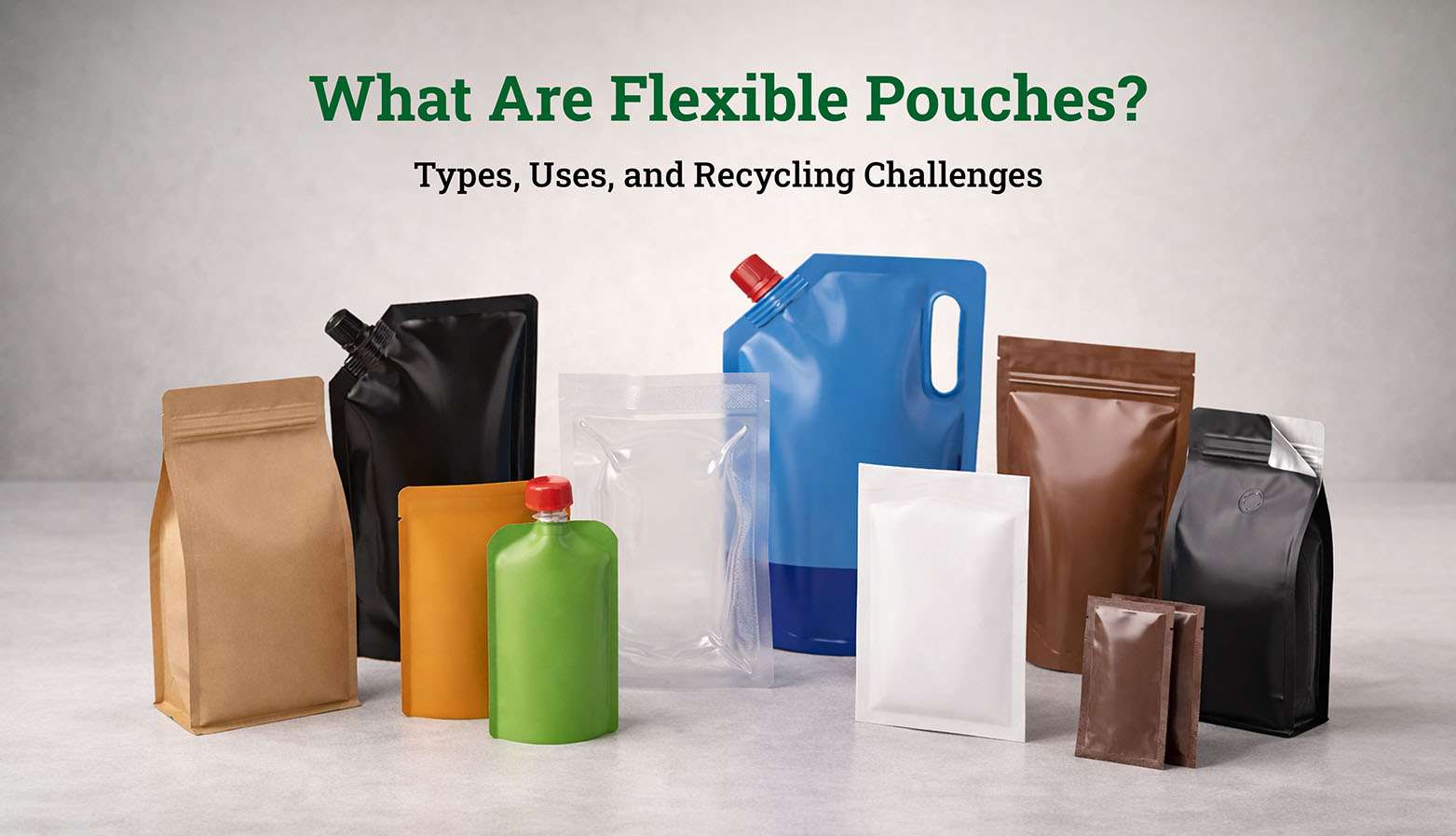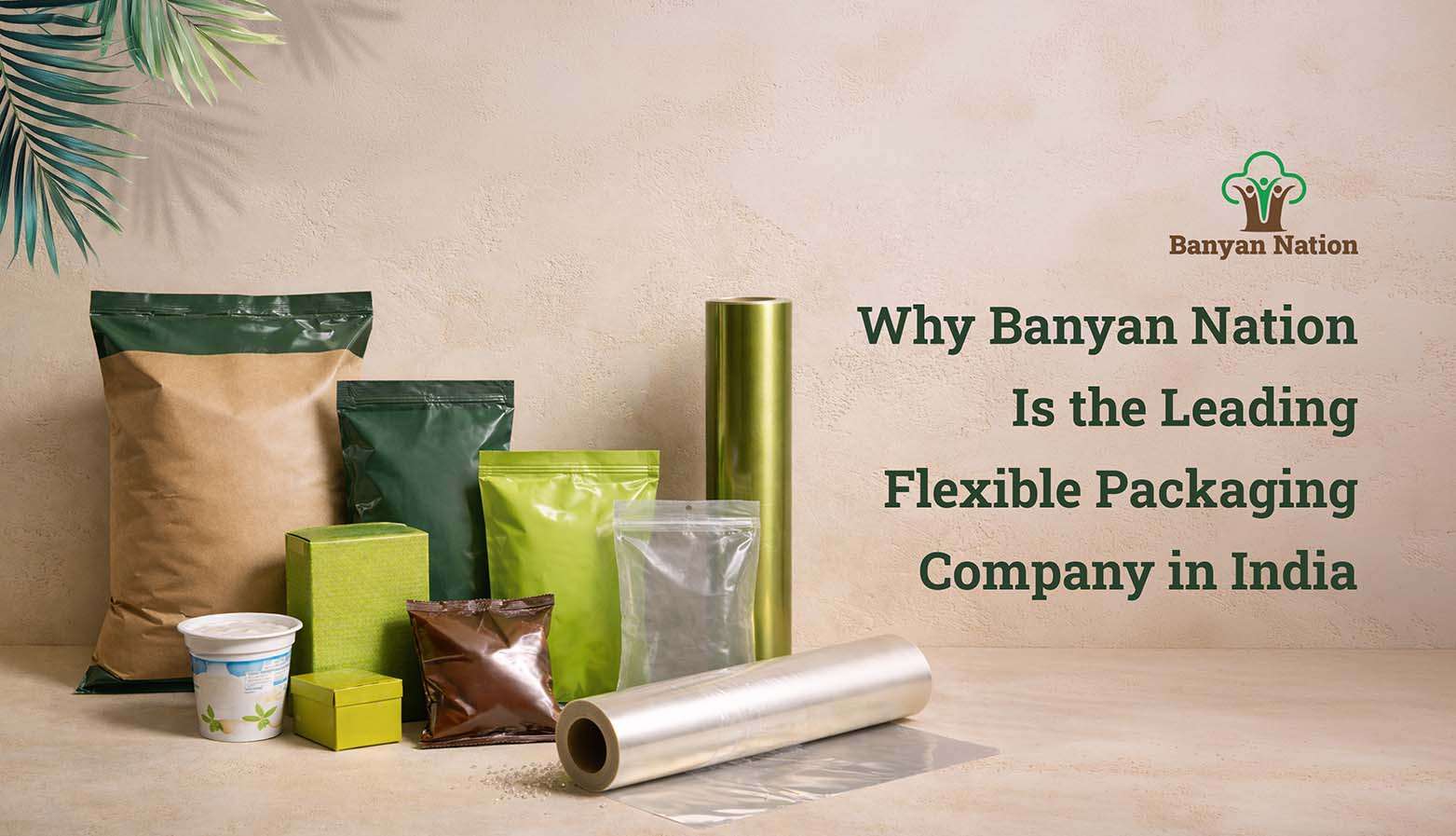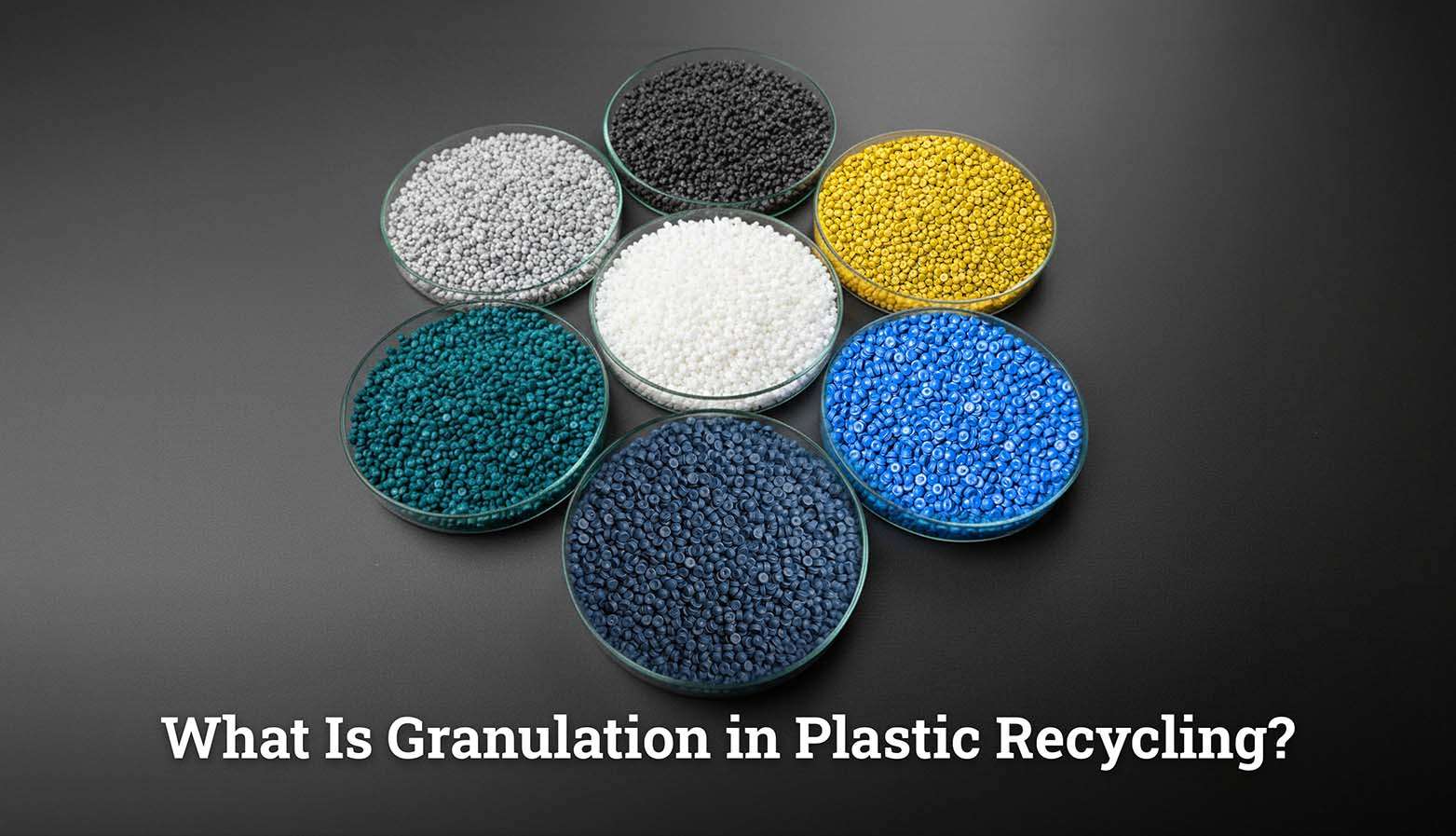“Among all kinds of killers, time is the ultimate because time kills
everything.” – The Bhagavad Gita
The more we wait and deliberate on taking decisive action against plastics waste, the more we risk losing. In the last three years, I have witnessed the Indian government, the plastics industry, global investors, motivated entrepreneurs and civil society organisations, all play their part in advancing plastics circularity in India at breakneck speed. The time for the lawmakers to stay firm and enact decisive regulations on extended producer responsibility (EPR) and plastics circularity is ‘now’.
Inaction at this juncture can lead to the decline of the vibrant recycling industry in India. This could diminish trust among all those who have invested in India, based on the policies and their corresponding timelines. More importantly, it could erode India’s position of leadership in the fight to solve plastic pollution.
India’s success in the recycling industry is fuelled by our intrinsic values as a country – we are frugal, conscious in our use of natural resources and entrepreneurial. From the households who wash and store used milk packets, the informal sector workers who rely on discarded plastics for their livelihoods, to the flourishing PET recyclers in the country – each one plays an important part in this collective success.
The recycling industry in India has the potential to add USD 8 billion to the GDP and thousands of jobs to the economy. These are good, stable jobs across all skill levels and geographies. We simply cannot afford to walk away from what could potentially be the next big sustainability success story after solar energy in India. We need to work to strengthen regulations, invest in research and development, and build systems for the circularity industry to thrive. This is our time! This is our calling!
Impact on Recycling Industry
The recycling industry in India has the potential to add USD 8 billion to the GDP and thousands of jobs to the economy. These are good, stable jobs across all skill levels and geographies – not just highly skilled urban jobs. In the last three years, the industry has developed advanced capabilities to deliver safely recycled materials, developed traceable supply chains and worked with various players in the plastics ecosystem to establish a playbook for the production and use of recycled plastics. If EPR enforcement for the use of recycled content plastic packaging is delayed, many stand to lose everything they have worked to build over the last decade. Without a policy-driven business case for recycling, the country could lose an USD 8 billion economic opportunity.
” Having studied the state of extended producer responsibility and plastics circularity regulations globally, I am convinced that India is in the pole position. This confidence is fuelled by a flourishing plastics recycling industry in India that is poised to be one of the largest in the world by volumes, and a government that is not just talking about plastics sustainability, But acting firmly on it. “
Enforcement of recycled content through EPR will come with its own challenges and pitfalls – lack of traceability, concerns about material safety and reliable volumes, to name a few. But this is not the time to throw this baby out with the bath water. Many companies, including start-ups, have collaborated with some of the largest brands in the country to develop a blueprint for including post- consumer recycled (PCR) content. PET recyclers have worked with FSSAI to enable safe PCR PET inclusion in beverage packaging applications.
These solutions just need to be amplified, scaled and mainstreamed. Lawmakers need to enact a decisive EPR policy and do more to support the industry at this time. They can start by recognising the plastics recycling industry, establishing a ministry to coordinate its efforts and allocate funds for it, and providing tax incentives to further enable circularity, with a focus on research and innovation in this field.
” Leading global investors have invested USD 772 million in the plastics circularity industry in India across 199 deals from 2018- 2023, according to a report published by The Circulate Initiative.”
Impact on Foreign Direct Investments
Leading global investors have invested USD 772 million in the plastics circularity industry in India across 199 deals from 2018-2023, according to a report published by The Circulate Initiative. In addition to this, IPOs of companies like Ganesha Ecosphere and GEM Enviro have created hundreds of crores in value for shareholders. These investments came on the back of the Plastic Waste Management Rules 2016 which signalled the government’s intent and strong position on plastics waste and plastics circularity. Since 2016, multiple drafts of the rules, and EPR guidelines issued by the CPCB have all moved in the right direction. To question India’s current strong stance on plastic circularity now and delay the implementation of circularity aligned regulations will erode investor trust in the Indian government and potentially thin down a multi-billion-dollar investment channel. India already competes with other parts of Asia, like Vietnam, Indonesia and Thailand for these funds. With any indication of systemic risk, investors are likely to look away from India and take their money where the governments have accepted the plastic pollution crisis and are devising policies to support the industry. Lawmakers should, in fact, double down and declare the recycling sector as a ‘Priority Sector’ such that banking and financial institutions can deploy their capital to the sector – allowing equity investors to leverage their capital to go further. Bringing the recycling sector under the Production Linked Incentive (PLI) scheme, and creating a short-term subsidy scheme will help plug the viability gap that this sunrise industry faces in the short- to medium-term.
” Bringing the recycling sector under the Production Linked Incentive (PLI) scheme, and creating a short-term subsidy scheme will help plug the viability gap that this sunriseindustry faces in the short- to medium-term.”
Impact on India’s Leadership and Credibility
Having studied the state of extended producer responsibility and plastics circularity regulations globally, I am convinced that India is in the pole position. India released a bold, ambitious and well- thought-through EPR policy. I have held the relative moral high ground as an Indian company in my conversations with global peers at international conferences and events. This confidence is fuelled by a flourishing plastics recycling industry in India that is poised to be one of the largest in the world by volumes, and a government that is not just talking about plastics sustainability, but acting firmly on it. The EPR portal was built and activated in record time; thousands of companies registered on the portal and assisted various state governments with timely implementation. This has consequently improved the recycling rate in the country.
The system has its challenges – but we simply cannot afford to walk away from what could potentially be the next big sustainability success story after solar energy in India. We need to work to strengthen regulations, invest in research and development, and build systems for the circularity industry to thrive. India needs to have a stronger voice in global policy-making on plastics waste and needs to lead by example.
As a plastic recycler, I walk into our factory every day filled with pride in my work and my country. I am keen to work with like-minded people who see this as an exercise in nation building. This is our time! This is our calling !


 What Are Flexible Pouches? Types, Uses, and Recycling Challenges
What Are Flexible Pouches? Types, Uses, and Recycling Challenges Why Banyan Nation Is the Leading Flexible Packaging Company in India
Why Banyan Nation Is the Leading Flexible Packaging Company in India What Is Granulation in Plastic Recycling?
What Is Granulation in Plastic Recycling?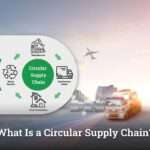 What Is a Circular Supply Chain?
What Is a Circular Supply Chain?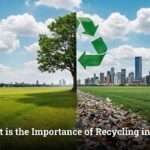 What is the Importance of Recycling in India?
What is the Importance of Recycling in India?